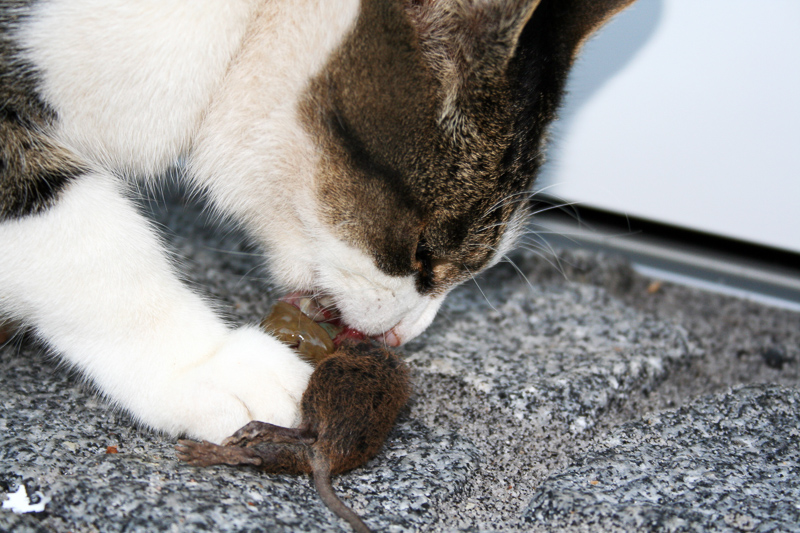A
noun is a type of word the meaning of which determines reality. Nouns provide the names for all things: people, objects, sensations, feelings, etc.
The
verb is the part of the sentence that is conjugated and expresses action and state of being.
See the conjugation of the verb manger in French.
